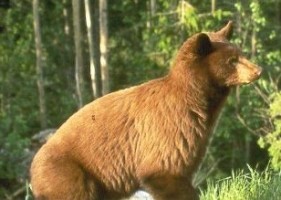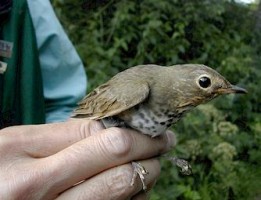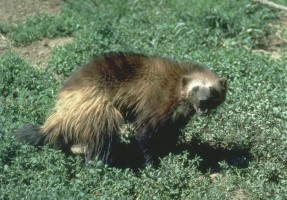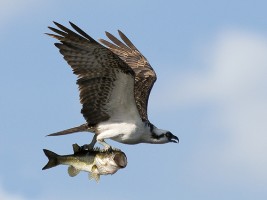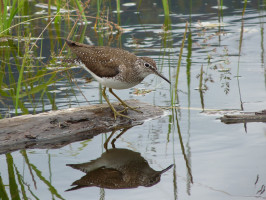Spatially Explicit Capture-Recapture (SECR) Modeling
- Start Date: July 05, 2016
- End Date: July 07, 2016
- Time: 8:30am-4:30pm
- City: Castlegar, BC
- Venue: Selkirk College's Research & Innovation Centre: 166 Hughes Rd, Castlegar
- Instructor: Dr. Murray Efford
Course Description
SECR is used for estimating animal population density and related parameters. The method combines a spatial population model and a spatial (distance-dependent) detection model. It has been used extensively for the analysis of data from DNA hair snags, automatic cameras, and conventional traps.
The main aim of this 3-day course is to give participants a practical understanding of SECR and its limitations through the experience of fitting models with the R package ‘secr’. Topics to be covered include:
- Concepts and assumptions underlying SECR
- Data preparation and checking
- Model fitting and evaluation
- Study design
Advanced topics will be included as requested. These may include model robustness, linear habitats, modelling spatial and temporal trend, mark-resight methods, reciprocal variation of home-range size and density, and non-Euclidean distance metrics.
Instructor
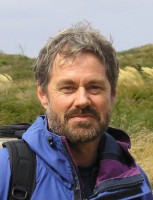 The workshop is led by Murray Efford of the University of Otago, Dunedin, New Zealand. Murray has taught courses with CMI in the past, he plans to visit Canada this summer from his home in New Zealand and so we’ve been able to book him for this great opportunity.
The workshop is led by Murray Efford of the University of Otago, Dunedin, New Zealand. Murray has taught courses with CMI in the past, he plans to visit Canada this summer from his home in New Zealand and so we’ve been able to book him for this great opportunity.
Dr. Murray Efford is a population ecologist with long experience in live-trapping studies. He has recently focused on developing spatially explicit capture–recapture methods and acoustic methods for assessing bird populations. He is the author of the Windows software ‘Density’ and the R package ‘secr’, and has presented SECR workshops in New Zealand, Malaysia, UK, France and Canada.
Who is this course for?
This course is intended for field biologists who collect and analyse capture-recapture data, and for statisticians who assist with such analysis.
Participants should have some experience of capture–recapture methods and be confident users of “R.”
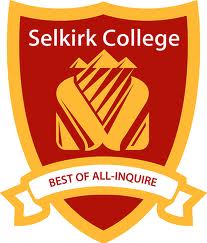 Thank you to Selkirk College for partnering with us to provide space for this course!
Thank you to Selkirk College for partnering with us to provide space for this course!

